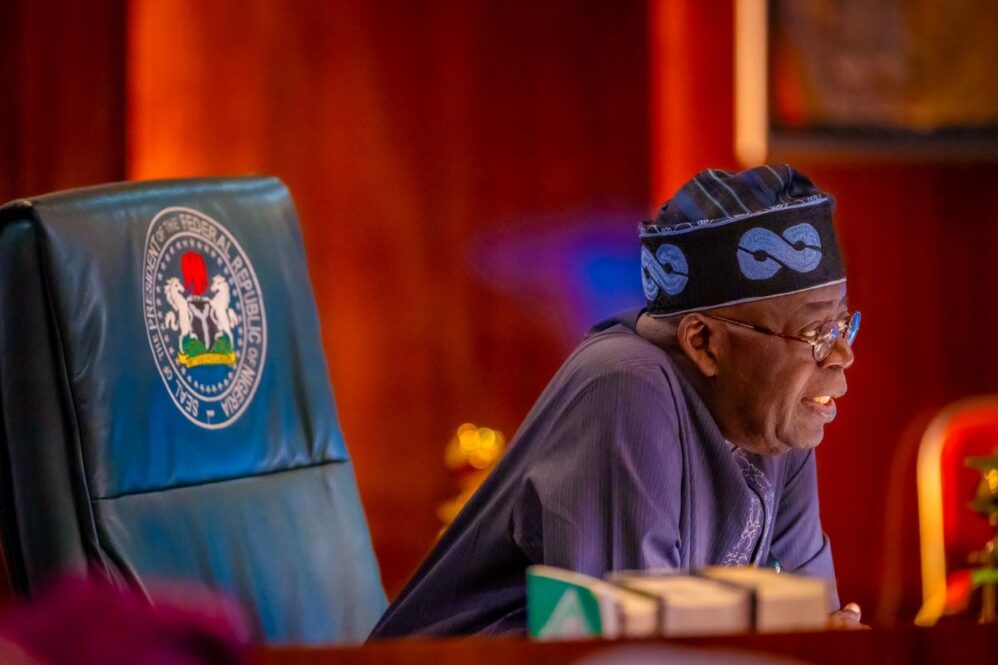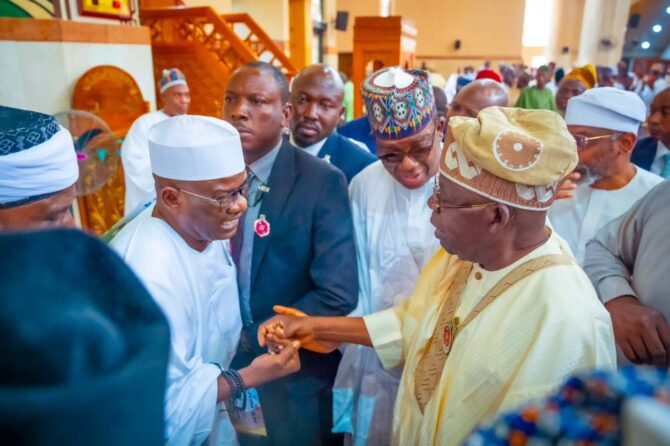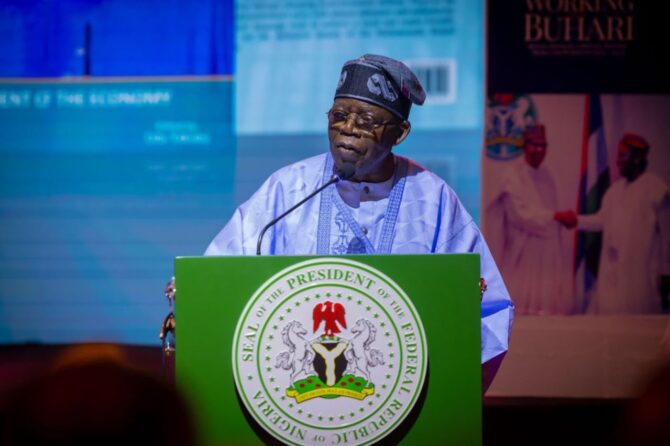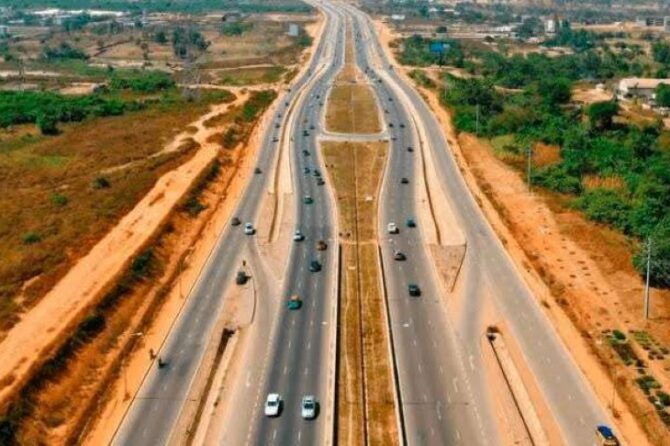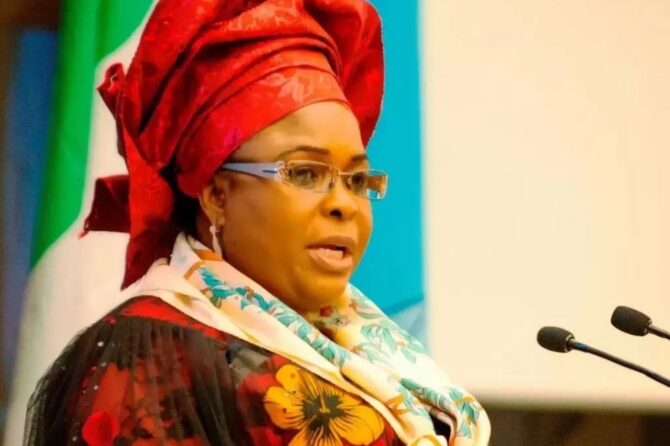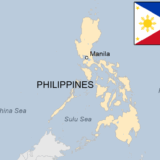President Bola Tinubu Seeks Parliamentary Approval for $21.5 Billion External Borrowing
Abuja, May 27, 2025 – President Bola Ahmed Tinubu has formally requested the approval of Nigeria’s National Assembly to secure $21.5 billion in external loans as part of the federal government’s 2025–2026 borrowing plan. The request, contained in a letter read by Senate President Godswill Akpabio during plenary, also includes borrowing 15 billion Japanese Yen (approximately $104 million), €2.2 billion, and a €65 million grant.
Purpose of the Borrowing
President Tinubu explained that the funds will be used to finance critical infrastructure projects and social programmes across all 36 states and the Federal Capital Territory (FCT). The borrowing aims to:
- Generate employment
- Promote skill acquisition and entrepreneurship
- Reduce poverty
- Boost food security
- Support sectors including infrastructure, agriculture, health, education, water supply, security, and financial reforms
Tinubu emphasized that the borrowing plan is necessary to address Nigeria’s significant infrastructure deficit amid declining domestic funding sources, especially following the removal of the fuel subsidy which impacted the national economy.
Context and Debt Profile
The borrowing request comes as Nigeria’s public debt continues to rise, with the Debt Management Office reporting a total public debt of approximately ₦144.7 trillion (about $94.2 billion) as of December 2024. External debt accounts for nearly half of this figure.
The proposed loans are expected to be sourced from multilateral and bilateral development partners, including the World Bank, African Development Bank, Islamic Development Bank, China Exim Bank, and the French Development Agency. The facilities are to be obtained on concessional or semi-concessional terms.
Legislative Process
Following the reading of the letter, the Senate President referred the request to the Senate Committee on Local and Foreign Debt, directing the committee to review the proposal and present its findings within two weeks. A similar request has been sent to the House of Representatives, where it will undergo parallel scrutiny.
Economic Implications
Since assuming office in 2023, President Tinubu has implemented bold reforms including the removal of petrol subsidies and the devaluation of the naira, aiming to stimulate economic growth. While these reforms have led to inflationary pressures and a cost-of-living crisis, the government argues that prudent external borrowing is essential to close funding gaps and accelerate development.
The World Bank recently noted Nigeria’s fastest economic growth in about a decade in 2024 but cautioned that persistently high inflation remains a challenge.


